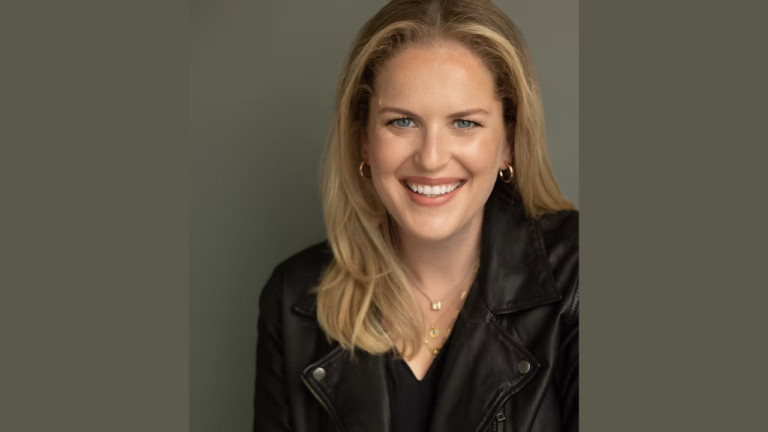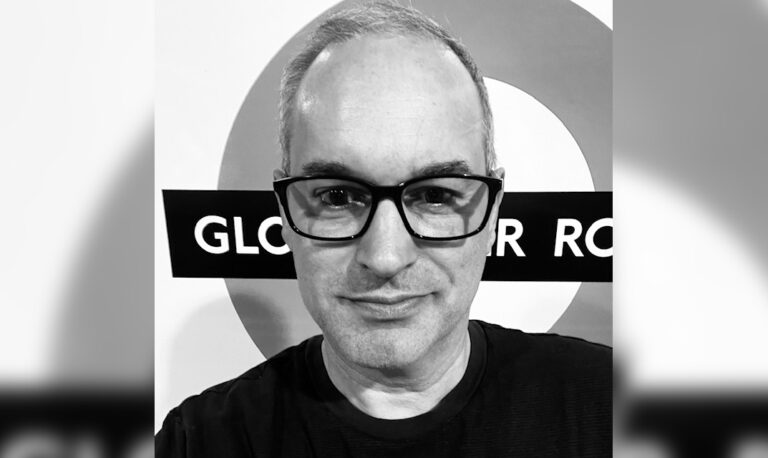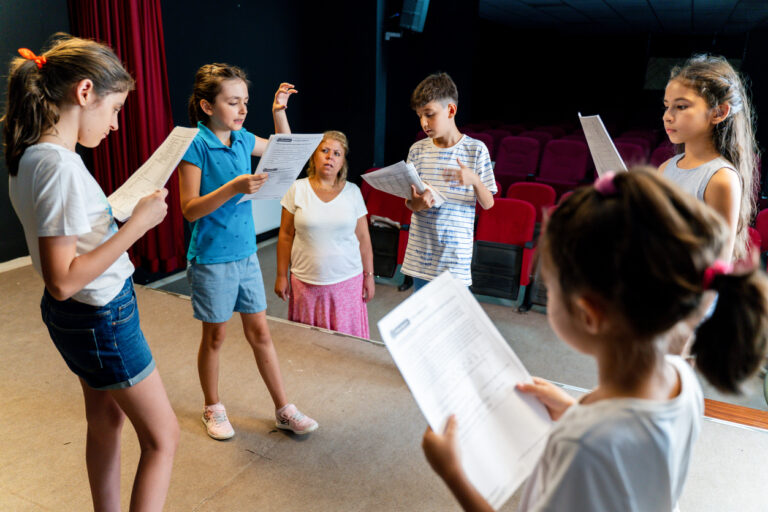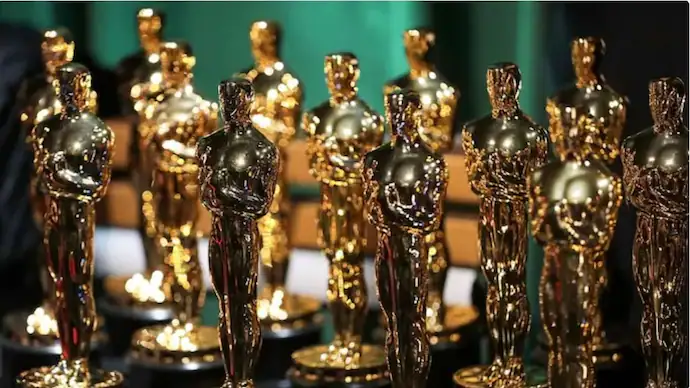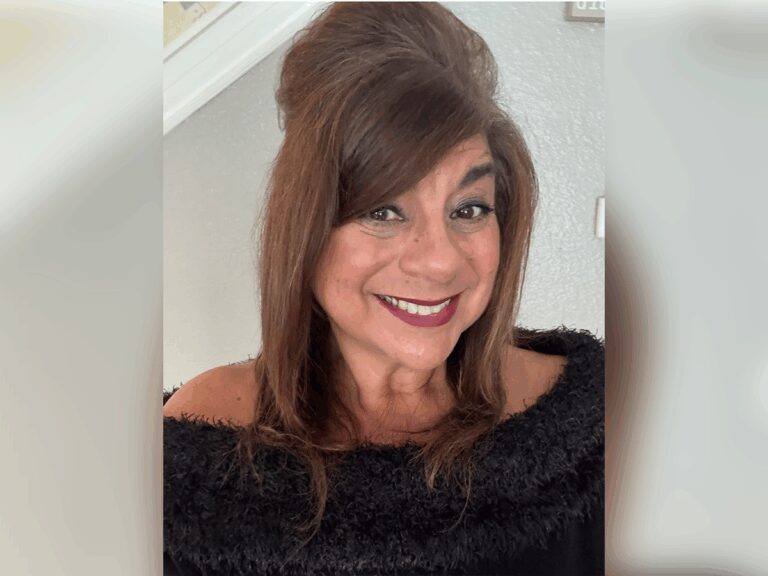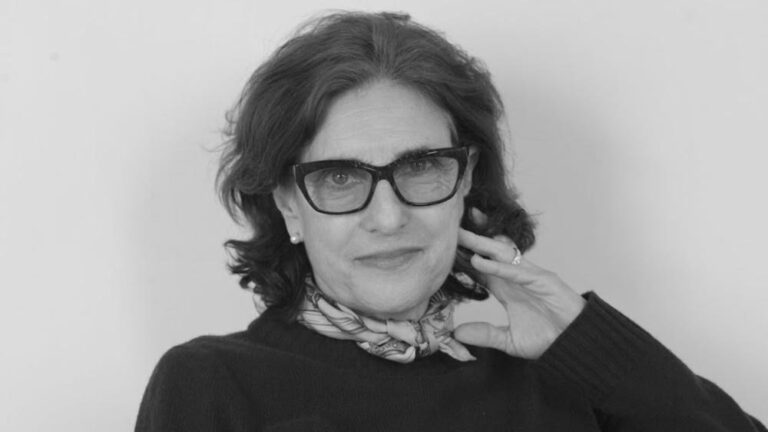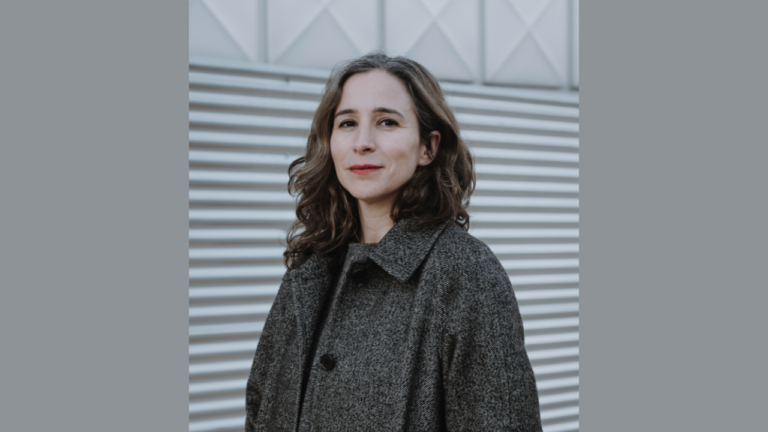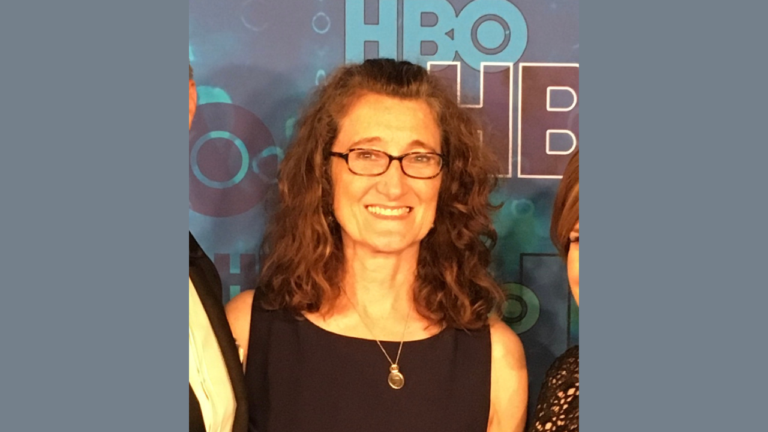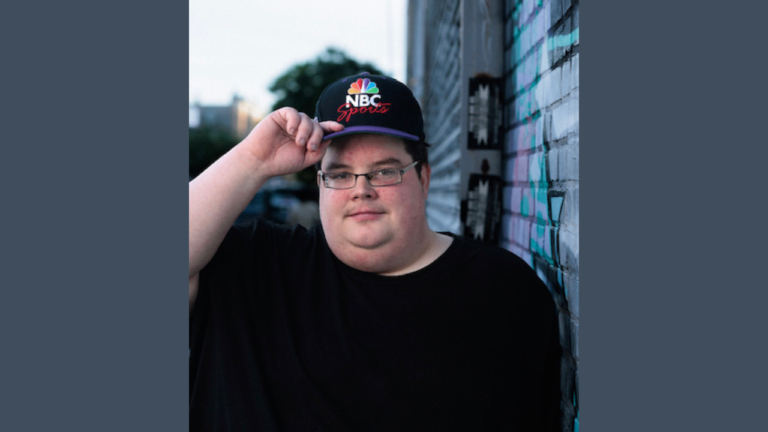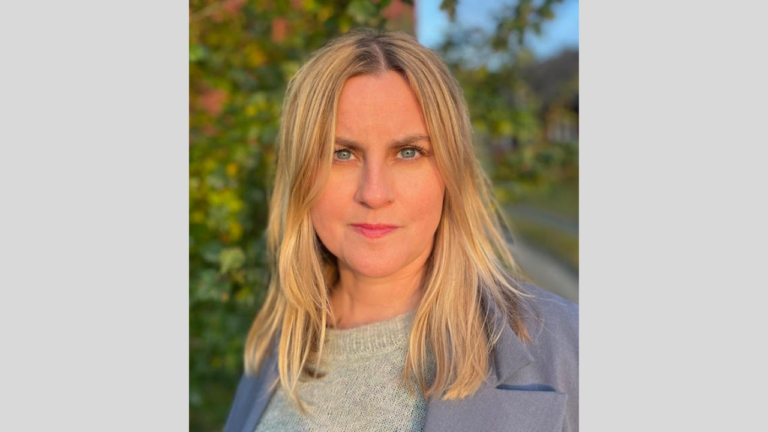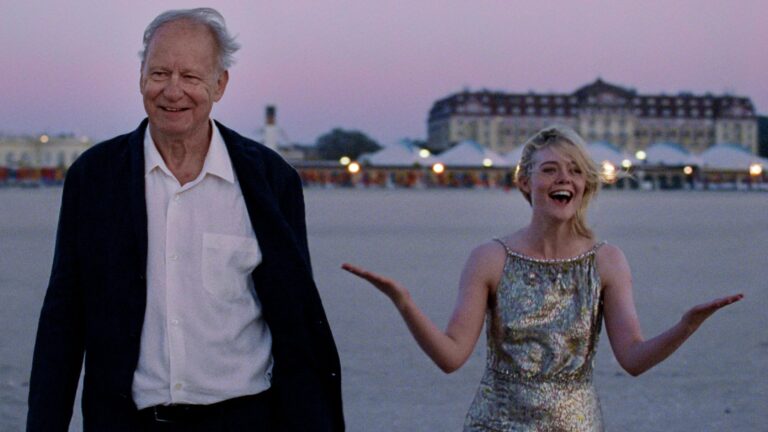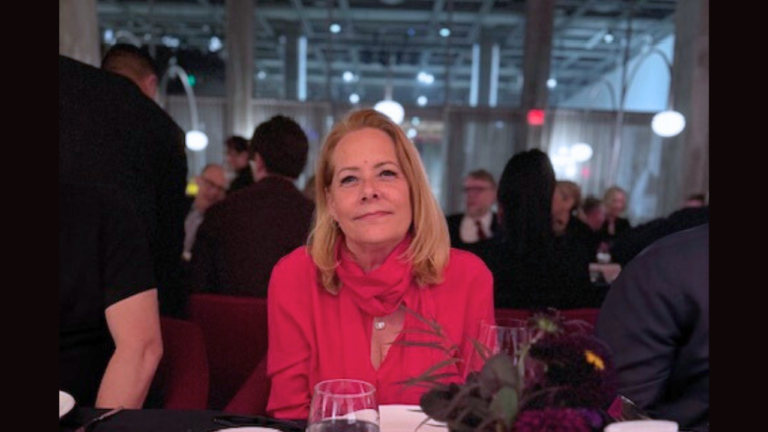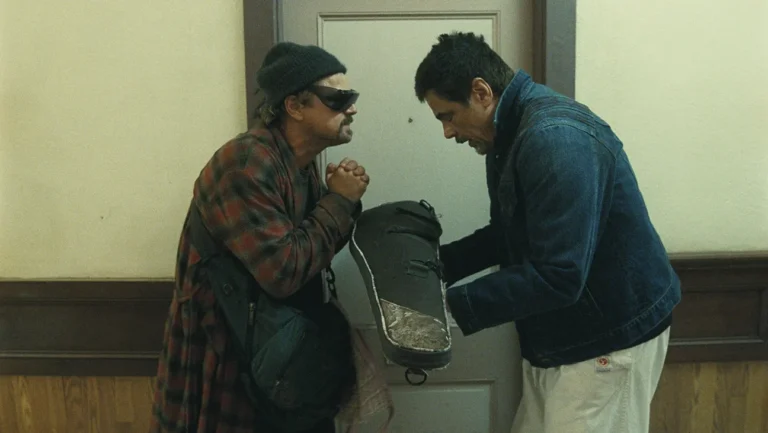Shaheen Baig is something of a legend in the British casting world. She was the first casting director for Black Mirror, and the woman who succeeded her, Jina Jay, speaks of her with reverence.
Over a career that has spanned nearly three decades, she has cast more than 200 movies and TV shows, and yet, stunningly, she had never earned an Emmy nomination before. Until now, that is.
Thanks to her work on the Netflix sensation Adolescence, Baig’s profile has risen considerably, just like everyone else involved with the show. Specifically, it was Baig and her team who found Owen Cooper, the remarkable young actor who shines as Jamie Miller, and is a frontrunner for an Emmy for Outstanding Supporting Actor in a Limited or Anthology Series or Movie.
Each of the limited series’ four episodes, all directed by Philip Barantini, was shot in a single take, which meant that actors had to have specific skills to be cast on the show. It led to five of them earning Emmy nods, including Cooper, fellow Supporting Actor nominee Ashley Walters, Christine Tremarco and Erin Doherty, both nominated for Supporting Actress, and Lead Actor Stephen Graham, who co-created the show with Jack Thorne.
Baig spoke to us from her office in London.
Insights From Shaheen Baig
- Develop strong listening skills and be open to direction, as curiosity and adaptability can set you apart during casting and rehearsals.
- Building resilience and maintaining focus under pressure are crucial, especially when working on challenging or unconventional projects like single-take scenes.
- Experience with improvisation and naturalistic acting can be valuable. Practice being present and responsive in the moment to enhance their performance.
Let’s start with how you came onto the project in the first place.
I have worked with various people involved with the project before. I’ve been working with Warp Films for years. I’ve worked with Matriarch [Productions] before, with Stephen and Hannah [Walters], I’ve worked with Plan B [Entertainment] on films before, and worked with Jack Thorne on several productions he’s written, and I’d worked with Philip Barantini, so I had a relationship with various people on the team.
I also do a lot of searches. A lot of projects I’ve worked on have been cast in this way.
When you read a script like this, do you respond to the power of the writing and also think, “I have to find this child. Oh my God, how am I going to do that?”
(Laughs) First of all, just on a personal basis, the impact of the story was great, and the responsibility felt great. Not just of the casting search, which, of course, was paramount, but also the accuracy in telling the story and trying to, in every aspect of the production, be as truthful as possible, and to be as non-manipulative as possible, to just let the story play very naturally.
Of course, there’s the responsibility of looking for not just one young actor, but a whole load of young actors. We talked a lot about our boundaries, and we knew we didn’t want to look for someone younger than 13.
Initially, we started looking at [ages] from 13 to like 17, then we figured out quite quickly that that just didn’t work, because the age of Jamie is a huge character in the story. It felt essential, as we move through the process, that we needed to cast somebody as young as we possibly could, and with that comes a lot of responsibility, particularly if they’re young people who’ve never done this before.
Which leads me to Owen, who is astonishing. The fact that this is the first thing he’s ever done on film blew me away. Where did he come from? How did you find him? What was that experience like, of the discovery?
The search was huge. We covered lots of different cities in the north of England, and attacked them in many different ways. Schools, sports clubs, youth clubs and drama clubs. Music clubs and community hubs, anywhere that young people might go.
We also covered young professionals who agents represented. We saw hundreds and hundreds of people. This was a unusual job, in that we were looking for a young person who we felt confident could cope with the pressure of working in this way, because it’s such a rare, unusual way of shooting. None of these young people had ever done anything like this before, so I approached it like a piece of theater.
We were looking for a troupe of actors. With Jamie, we needed somebody who wasn’t overwhelmed by that, didn’t feel intimidated by the process, was able to maintain focus, and had the confidence that would carry them through. It became clear after a couple of rounds that Owen, along with four other young people, was starting to stand out.
How then did he set himself apart?
We eventually did workshops, and when he was working with Stephen, he just listened.
He really listened. He tried to adjust. He took direction brilliantly. He asked questions. He was curious. He wasn’t afraid or in awe of the situation. He was just really focused and resilient, and ultimately that’s what we needed.
We needed to know that whoever we put in the role of Jamie was able, with a lot of support from production, to manage the subject matter, because it was hard, and he never wavered in his focus, which is what we needed.
How hands-on was Stephen through the casting process?
Very. Initially, all the many hundreds of tapes were watched by me, Phil, and Jo Johnson, the producer. We watched every tape that came in. I think there were between 600 and 700 total.
Once we whittled that down, the execs became very involved, looking at auditions, looking at callbacks, and then obviously, we got to the workshop stage, where Stephen was very involved. Everybody had so much invested in this role. Everybody needed to be involved. But Stephen was very generous with his time.
Finding someone of Owen’s skill, a new kid who just knocks it out of the park, what kind of mark does that leave on you?
I mean, that’s one of my favorite things about doing this job, which is the process of finding people and creating opportunities. That’s why I’m in this industry. Whether it’s an actor or a director, working with a first timer, it’s helping support and create opportunities for somebody.
With actors, how do we introduce people into this industry? We give them a chance. All five young people who we shortlisted for Jamie got a role. That felt like it was the right thing to do, because they’ll carry that with them to the next thing and the next thing, and whatever they do next with their lives. It’s my favorite thing.
Let’s talk about the rest of the cast. Because of the way the show was shot, each episode in a single take, were you looking for theater actors?
Yes and no. Having theater experience is invaluable for making a show like this. Still, it was also looking for actors that felt very alive, in that you’ve got an extraordinary script in front of you, but anything could happen. Things could go wrong. You may have to approach a scene in a slightly different way because of something that happens in that moment before.
There is always that element of improvisation that might be needed if you’re going to shoot in this way, so I had to consider that. Some actors love improvisation, and some actors don’t like it, so that certainly was important. Also, you’re putting a load of adult actors around a very young cast, and that’s also a key consideration.
I wanted to make sure that the acting and the tone felt coherent throughout the whole piece, so that we weren’t looking at varying styles of acting, that it all felt truthful, and it all felt naturalistic. That was the element for me that tied it all together. That’s what I was looking for.
When you crush a job like this, with all the attention, awards, and nominations, do you allow yourself to enjoy it? Or do you just brush it off and say, “On to the next”?
That’s a really interesting question. I’m not very good at patting myself on the back, and I think what has happened with Adolescence, because it’s had such an extraordinary response, [is that it] forced me to sit with it and feel proud.
I’m proud of every project, but something happened with Adolescence, where it had such an amazing response that none of us could have predicted. It pushed everybody into the limelight, whether you wanted to be or not. It pushed me front and center, and casting directors are often quietly in the background, doing our job, getting on. (Laughs)
Being in the foreground, I can’t say it’s the most comfortable thing for me, but I’m very proud of the work. I’m very proud of what the whole team, cast and crew have achieved, and I’m really happy to celebrate that with them and to celebrate it with my team, and also for casting to be recognized.
For people, maybe to look at Adolescence and think, “Oh, that’s a career. I could go into casting.” If it makes the art, the craft of casting, more visible, then I’m really happy about that.
Shaheen Baig is our featured guest on the latest episode of How We Role. Listen to How We Role on Apple Podcasts, Spotify or anywhere you stream podcasts.
Final Takeaways
Shaheen Baig’s casting process for Adolescence offers valuable lessons for new actors navigating the industry. Her focus on authenticity, resilience, and collaboration highlights what it takes to stand out, especially in demanding roles. Here are a few practical takeaways to help emerging actors prepare and succeed.
- Listen carefully and be open to direction. Showing curiosity and adaptability can make you memorable.
- Build your confidence to handle pressure, especially in challenging or unconventional shoots.
- Practice naturalistic acting and improvisation to stay present and respond authentically on set.
- Be willing to collaborate and support fellow actors, as casting often looks for ensemble chemistry.
- Embrace opportunities as learning experiences, even if it’s your first role.
You may also like:

